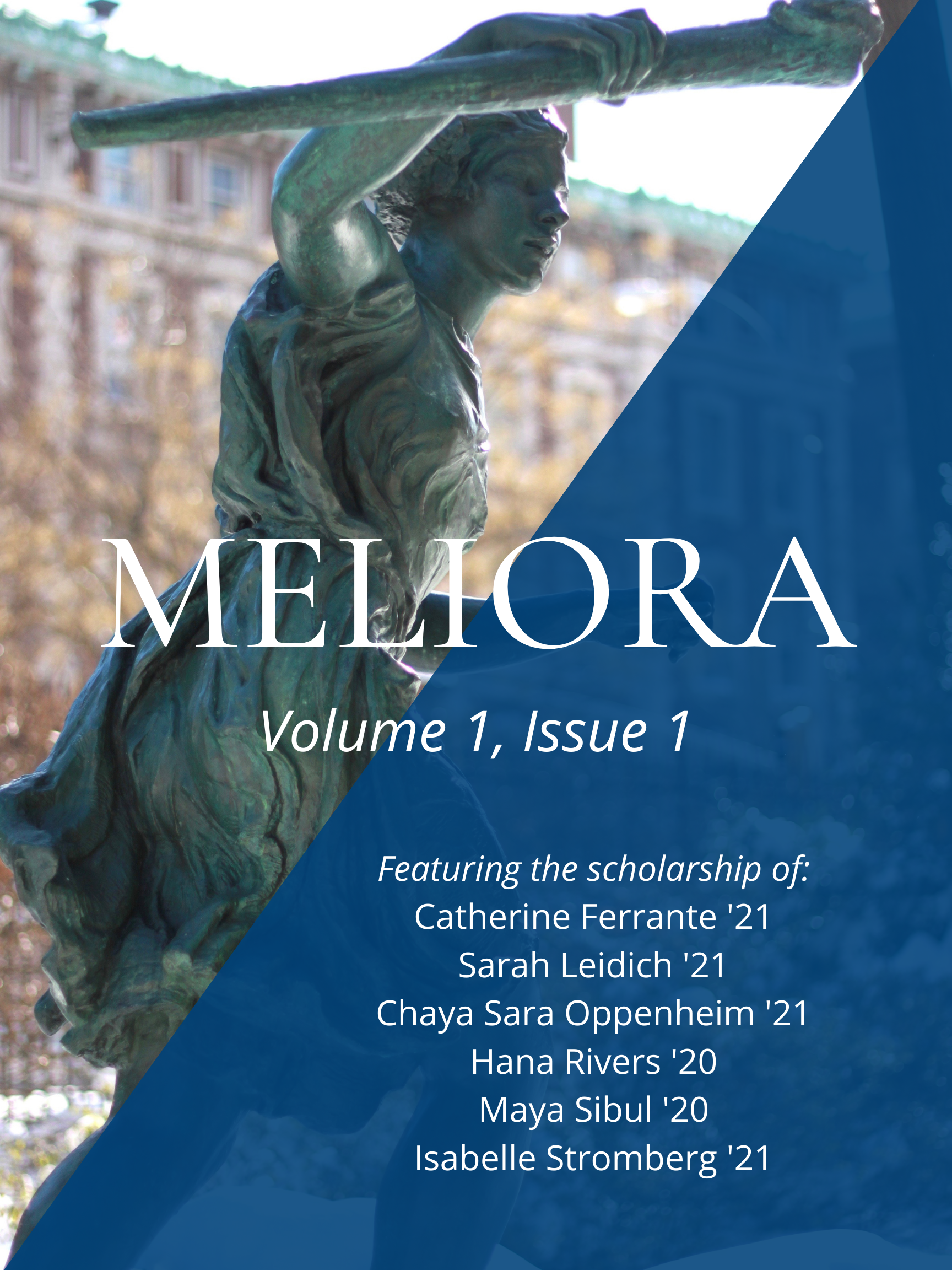Abstract
The hero crossing the wine-dark sea, a king kneeling at the foot of his son’s killer, a boy defending his homeland in his father’s absence. The world of epic Greek myth is an alluring and vast web of heroic narrative and moral dilemma. These iconic moments transcend history and cultural decay. They live in the literature, art, and philosophical framework of the contemporary human experience. Homeric myth is intrinsically embedded in our cultural landscape; it is the thread that runs through the most mundane storytelling and the most epic fantasy narrative. The narratives of the Iliad and The Odyssey have been institutionalized in the Western canon and prescribed as the essential foundation of academic discourse. Yet these same myths also include a daughter sacrificed by the hand of her father, a woman raped and held hostage by the greatest of the Greeks, and a girl whose beauty launched a thousand ships and killed even more men. There is room, though, in the oeuvre of Homeric myth, for an elevation of otherwise silenced voices. Through reimagining epic narratives such as the Iliad and The Odyssey, women authors transform exclusionary texts into stories that encompass the identities reflected in contemporary society.

This work is licensed under a Creative Commons Attribution 4.0 International License.
Copyright (c) 2021 Sarah

